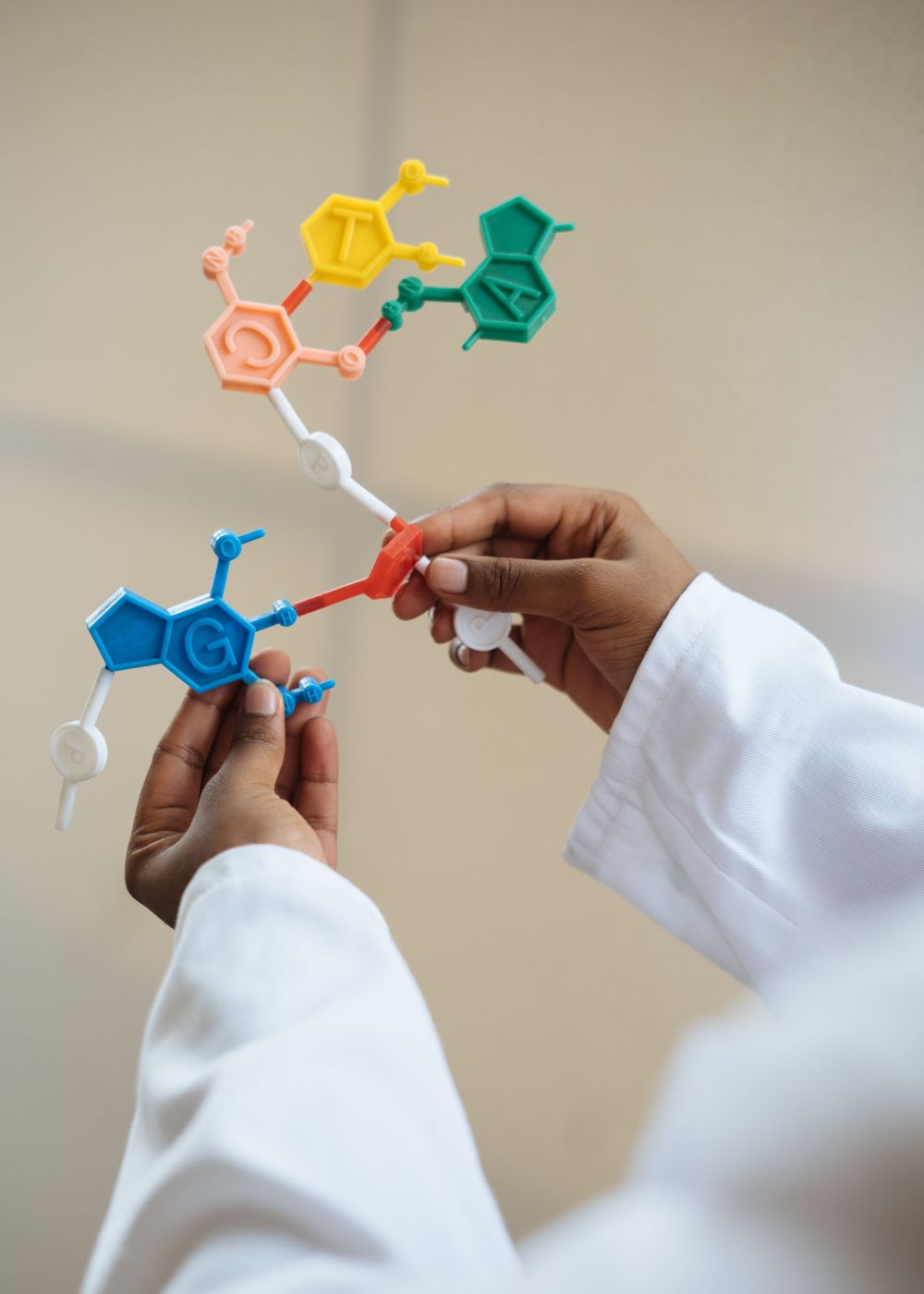While medications can assist in managing symptoms, sickle cell disease currently lacks a cure.
A recent groundbreaking clinical trial has brought hope to individuals who have sickle cell disease, a painful and debilitating genetic blood disorder that can cause frequent infections, extreme fatigue and a host of other symptoms. The trial, known as the Ruby Trial, has successfully tested a new gene therapy on four patients, with promising results.
According to a recent article published by the Vermont Community Newspaper Group, the study, conducted at Cleveland Clinic Children’s in Ohio, involved two patients who received the experimental treatment. Dr. Rabi Hanna, the director of the pediatric blood and bone marrow transplant program at Cleveland Clinic Children’s, expressed the importance of new therapies for sickle cell disease, emphasizing the devastating and life-threatening nature of the condition. He also highlighted the significance of the initial positive outcomes and the potential for this new technology to lead to a functional cure for the disease.
Sickle cell disease affects approximately 100,000 Americans, particularly those of Black descent. It is characterized by abnormally shaped blood cells that resemble sickles. These distorted cells have limited capacity to transport oxygen and often stick together, obstructing small blood vessels. The consequences of sickle cell disease can range from liver fibrosis and liver failure to stroke, cardiomyopathy, and heart failure.
The Ruby Trial aims to enroll 40 patients with severe sickle cell disease from multiple medical centers. The novel gene-editing therapy utilized in this study involves modifying the patient’s own blood-forming stem cells to correct the genetic mutation responsible for the disease.
In the trial, the four patients underwent a procedure to collect their stem cells for gene editing. Subsequently, they received chemotherapy to eliminate their remaining bone marrow. Finally, the repaired cells were reintroduced into their bodies. The gene-editing technology employed in this trial is a highly precise tool known as CRISPR/CA12, which facilitates modifications to the genomes of blood stem cells, enabling the production of robust and healthy blood cells.
After approximately four weeks, the study observed the emergence of new white blood cells in all four patients, with no severe adverse effects reported. Additionally, the patients achieved a normal level of hemoglobin, a crucial component of red blood cells responsible for oxygen transportation throughout the body. Importantly, following the therapy, the patients experienced a significant reduction in pain attacks that persisted for several months.
While medications can assist in managing symptoms, sickle cell disease currently lacks a cure. The average lifespan of individuals with sickle cell disease is typically in the mid-40s, underscoring the urgent need for innovative treatment options.
The trial results were presented at a gathering of the European Hematology Association in Frankfurt, Germany.
The successful outcomes of the Ruby Trial offer renewed hope for individuals with sickle cell disease and their families. Developing an effective gene therapy could transform the lives of those affected, providing them a chance for a healthier and pain-free future. As further research is conducted and the treatment undergoes rigorous scrutiny, medical experts remain cautiously optimistic about the prospect of a functional cure for this devastating condition.
Sources:
More Evidence Gene Therapy Might Cure Sickle Cell Disease


Join the conversation!